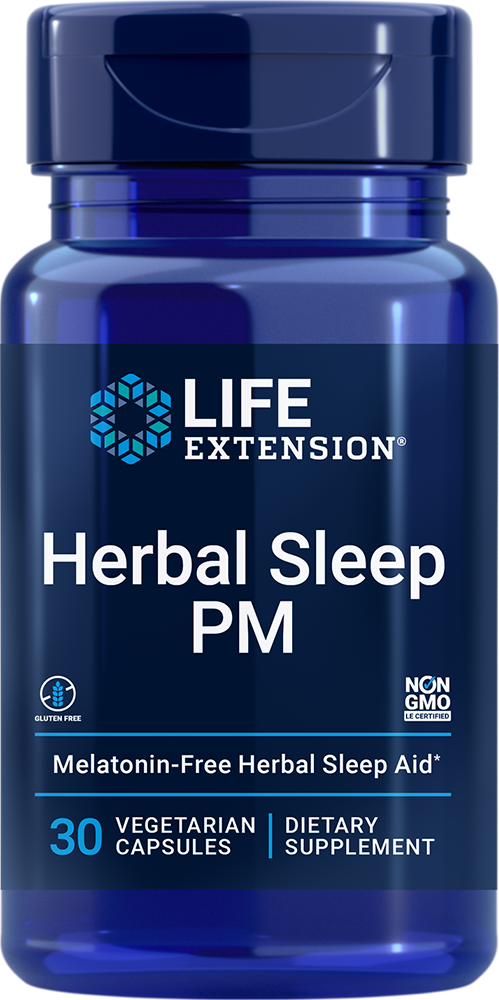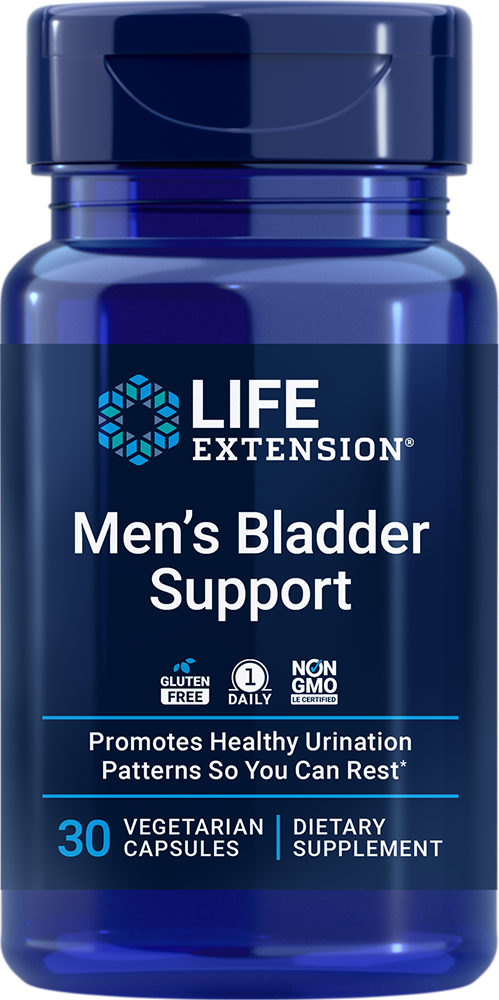
Newsletter
Newsletter
High-dose multivitamin and mineral supplementation associated with fewer cardiac events in non-statin users following heart attack



This issue is the next in our "Best of Life Extension® Update” series, in which we look back at some of the most important stories to be published during the past few years.
July 31, 2019
In this issue, Life Extension® Update reports findings from a trial involving men and women who had suffered a heart attack prior to enrollment. While the main purpose of the trial was to evaluate the effects of chelation therapy, the trial also revealed an unexpected finding. It found an association between supplementation with high doses of vitamins and minerals and a lower risk of experiencing major adverse cardiac events. The results were found over a median follow-up of 55 months among participants who were not being treated with statins.
The January 2018 issue of American Heart Journal reported the outcome of a randomized trial which found a reduction in cardiac events and mortality from any cause during follow-up in association with high-dose vitamin and mineral supplementation among patients with a history of heart attack who were not being treated with statin drugs.
The Trial to Assess Chelation Therapy (TACT) was a double-blind investigation conducted at U.S. and Canadian sites that enrolled men and women aged 50 and older between September 2003 and October 2010. The participants, who had a history of heart attack at least 6 weeks prior to enrollment, received a series of 40 chelation therapy or placebo infusions. Each group also received six tablets daily of a high-dose, orally administered vitamin and mineral supplement or an oral placebo for the duration of the trial. The supplement provided vitamins A, C, D3, E, K1, B1, B3, B5 and B6, folate, PABA, choline, inositol, biotin, calcium, iodine, magnesium, zinc, selenium, copper, manganese, chromium, molybdenum, potassium, boron, vanadium and citrus bioflavonoids.
Among the 460 participants who were not being treated with statin drugs at enrollment, 137 died (from any cause) or experienced a major adverse cardiac event such as heart attack, stroke, coronary revascularization or hospitalization for angina over a median follow-up of 55 months. For non-statin users who received multivitamins and minerals, the risk of any of these outcomes was 38% lower compared to those who received an oral placebo. Mortality from any cause over follow-up was 53% lower in the supplemented group.
Participants who received the vitamins and minerals also experienced a 54% lower risk of the study’s secondary end point of cardiovascular mortality, stroke or recurrent heart attack. When cardiovascular mortality alone was considered, vitamin and mineral supplementation was associated with a 61% decrease in risk.
In their discussion of the findings, Omar M. Issa, DO, and colleagues note that no clinical practice guideline currently recommends the use of vitamin supplements to prevent cardiovascular disease; however, the majority of the studies upon which the recommendations are based had tested moderate doses of only a small number of supplements. “The drug therapy model used by these studies is useful for studying single agents to determine their effectiveness for specific clinical applications but do not extend well to the more complex multicomponent therapies increasingly used for self-care by large numbers of the general population together with many patients with diverse illnesses,” they write.
“High-dose oral multivitamin and multimineral supplementation seem to decrease combined cardiac events in a stable, post-myocardial infarction population not taking statin therapy at baseline,” they conclude. “These unexpected findings are being retested in the ongoing TACT2.”
 |
|
|||||||||||||||||
|
||||||||||||||||||
 |
|
|||||||||||||||||
|
||||||||||||||||||
So many supplements… it's easy to get confused. By answering a few simple questions, we will help you choose the heart health supplements that are right for you.
Take the QuizJoin Dr. Mike and Dr. Crystal as they sit down with some of today’s leading medical, health and wellness experts to discuss a variety of health-related topics. From whole-body health to anti-aging and disease prevention, you’ll get the latest information and helpful advice to help you live your life to the fullest.
Our Hosts:
Michael A. Smith, M.D.
Life Extension Director of Education & Spokesperson
Crystal Gossard, DCN, CNS®, LDN
Life Extension Clinical Corporate Trainer
Listen to the latest podcasts on a variety of health-related topics, including:
And many more!
How Life Extension lab testing works
Connecting to Agent...
Who would you like to talk to?
Chat Hours:
Visit Contact Us or Call us:
7 days a week | 24 hours
Mon - Fri | 7:30 AM - 12 AM (ET)
Sat & Sun | 9 AM - 12 AM (ET)
How was your experience with our Agent?